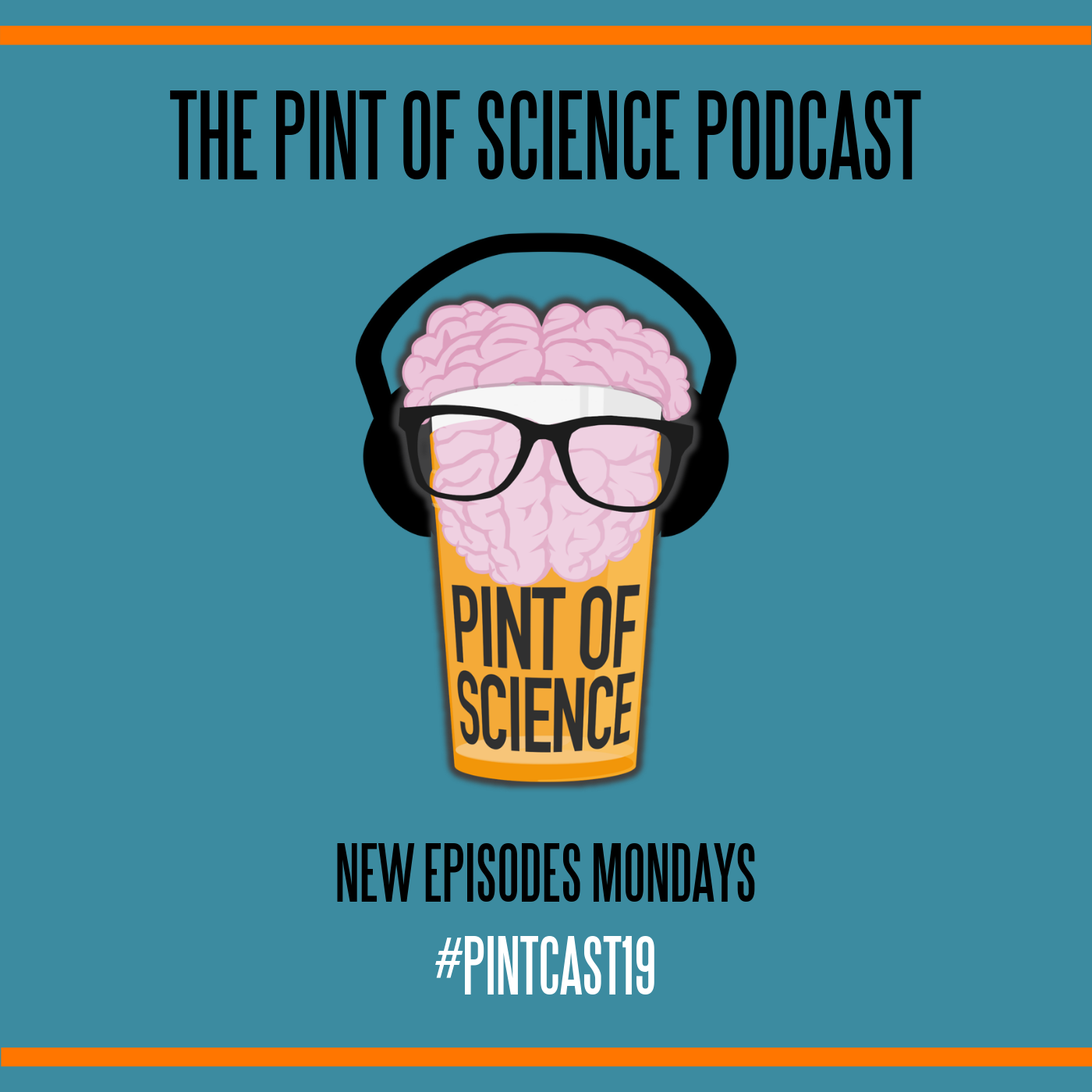Your body is evolved to deal with different germs, and the immune system is like the peacekeeper of the body because it filters which germs are good and which are bad for us.
Allergies are formed when our bodies are reacting to something harmless that we should ignore. Allergies are partially genetic, and the environment is also accounted for a lot of reasons.
It is the types of infections we are exposed to, or the microbes that inhabit us, that have changed, and they are important for educating our immune system and creating balance within it.
It’s due to the balance and diversity of the microbial community. It's the distinctions that our immune system recognizes as a benefit or threat. Your immune system can detect microbial patterns and damage patterns. The combination of the two will trigger proinflammatory responses.
We’re constantly transferring bacteria between us. Yes, when you drop something, it will pick up bacteria. The question is whether it is harmful. In most cases, the bacteria isn’t harmful for us, so go for it!
Surprisingly, the clean seat may have more fecal matter on it than a dirty one. Over time as people sit on the seat, the fecal microbes-- which don't like oxygen-- will die off and be replaced by skin ones that are less damaging to us.
During a Cesarean birth, you are more likely to have skin type microbes colonizing you. In a vaginal birth, you are more likely to have vaginal and fecal microbes colonizing you. Whether you are breast or bottle fed, that will change the types of microbes you acquire.
Changes in the microbiome are linked to obesity, allergy, autoimmune diseases, depression, and anxiety.
Her older brother was fascinated by zoology, which inspired her. Later, he was diagnosed with cancer and passed away. Seeing her brother's experience with cancer and the treatments, it changed her focus of zoology. Sheena became curious to know why her brother’s body could not overcome the disease, and found her interest shift to immunology.
It is a common parasitic infection that most of us have and will have for the rest of our lives. It can affect any mammal. The only animal it can sexually replicate in is the cat-- the cat's gut. It is also in most meats that we buy.
